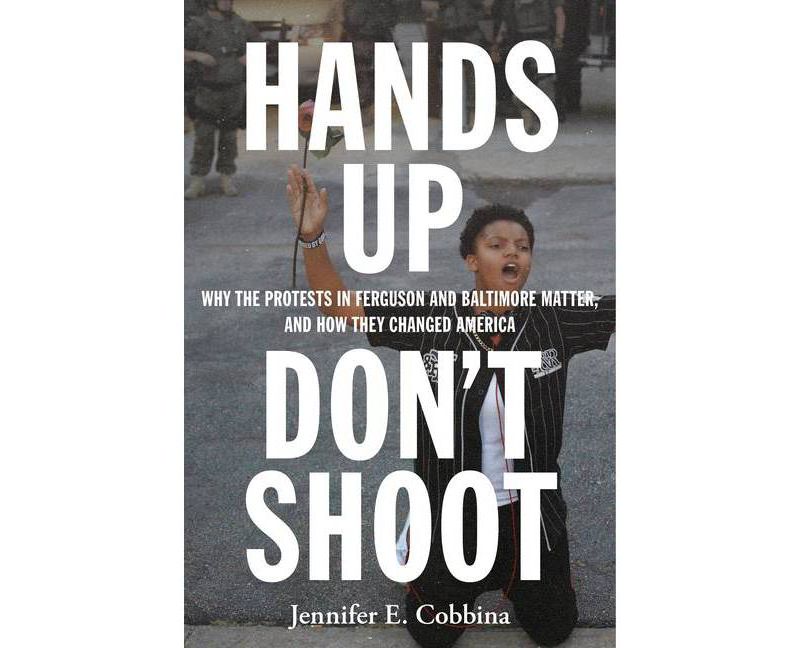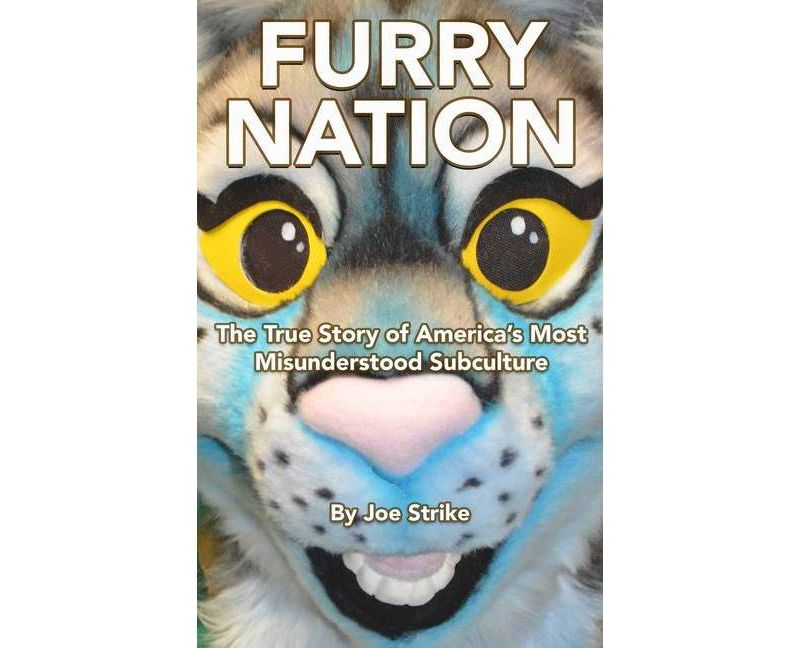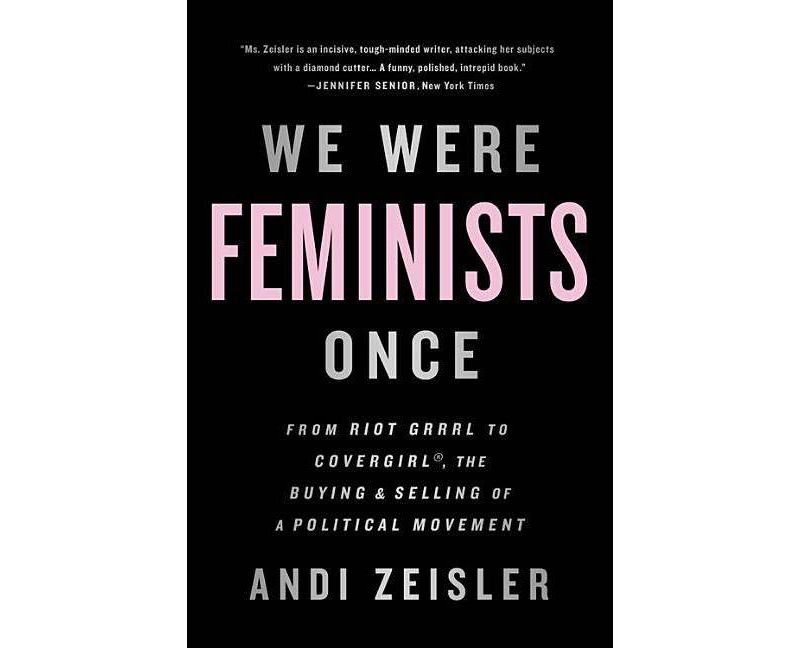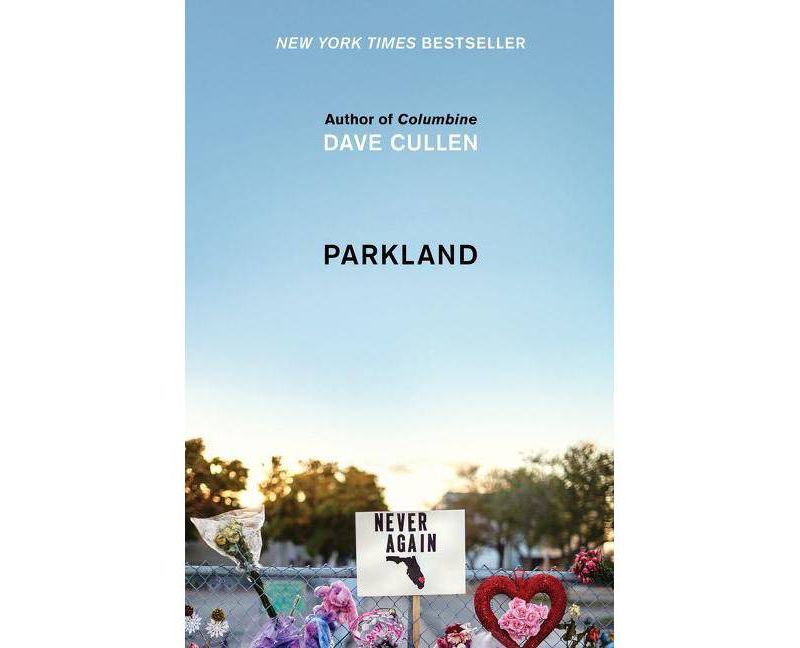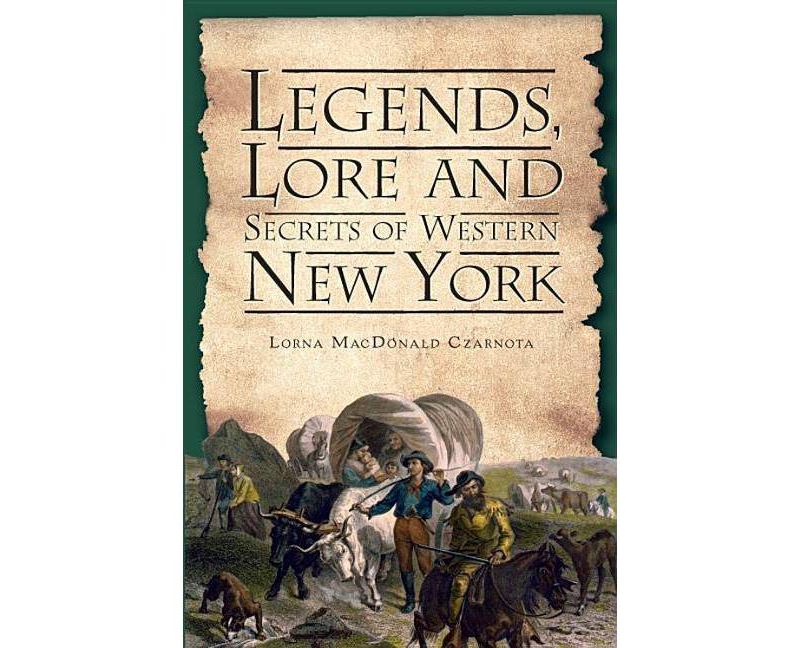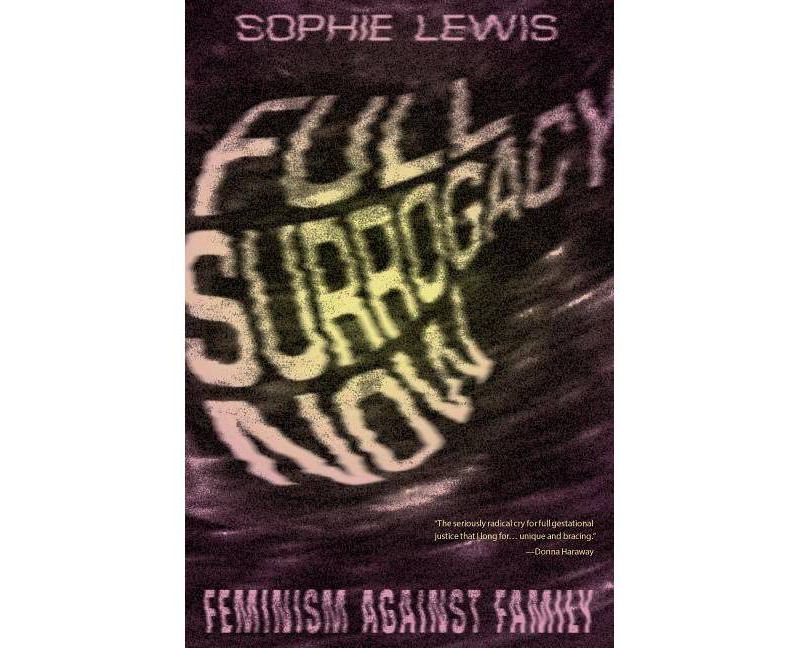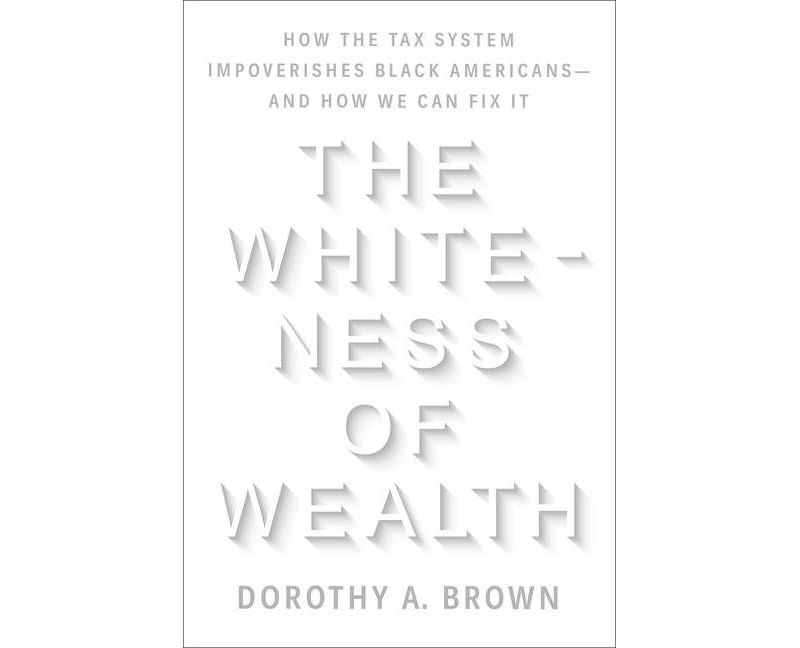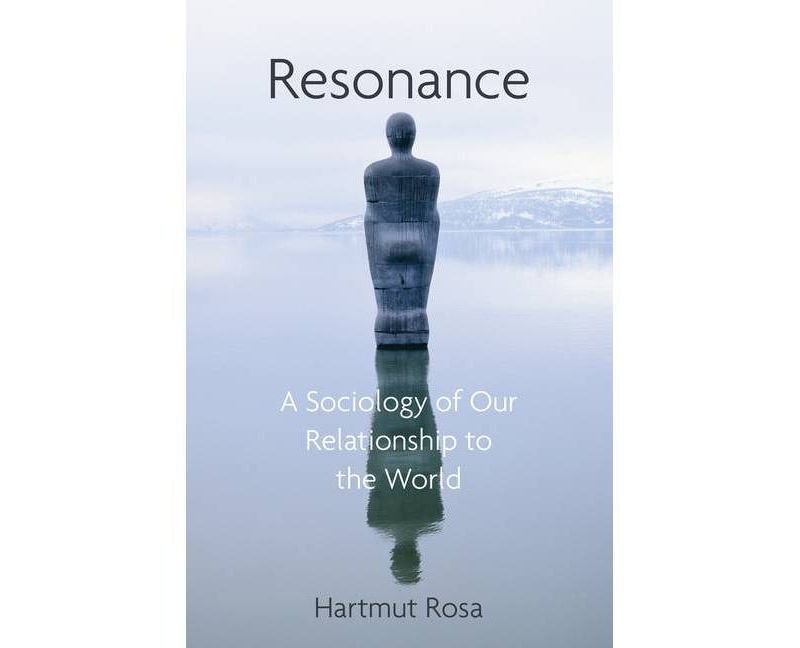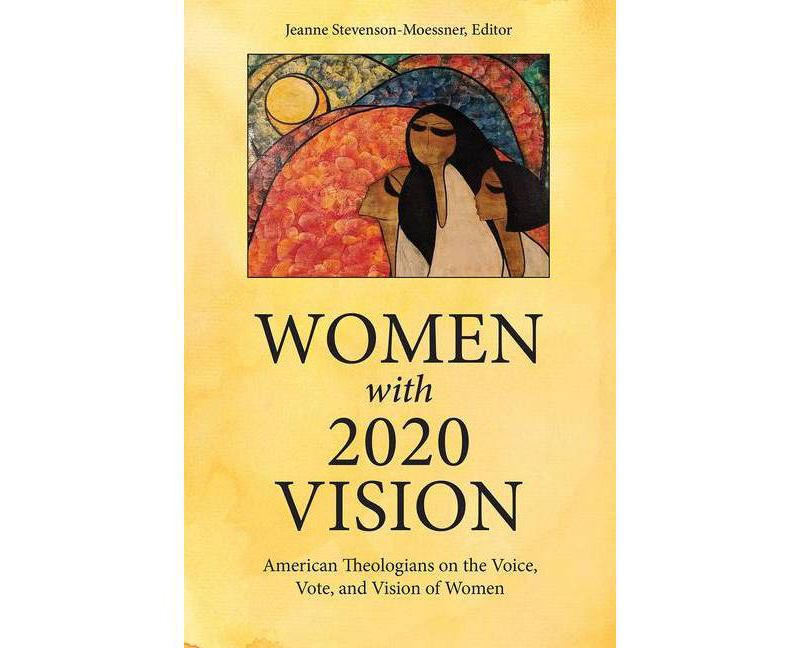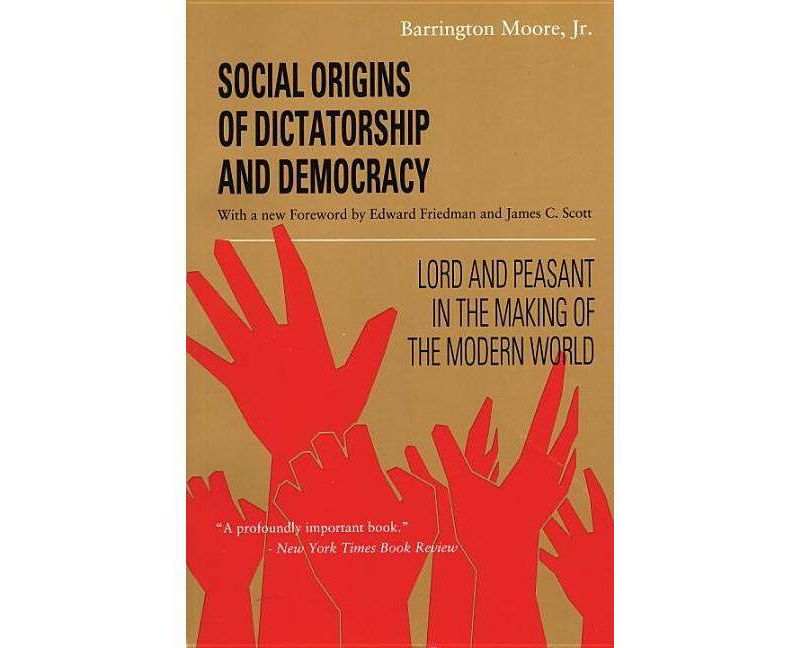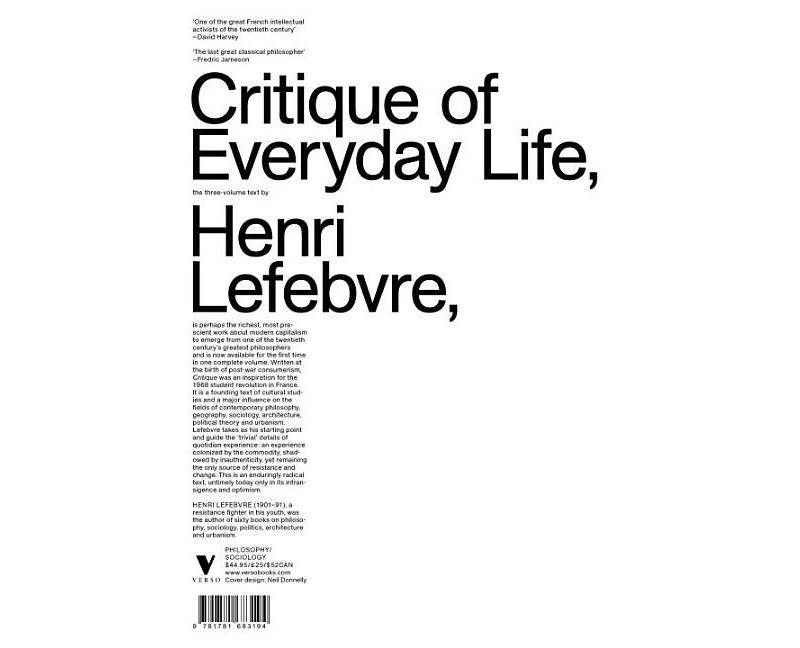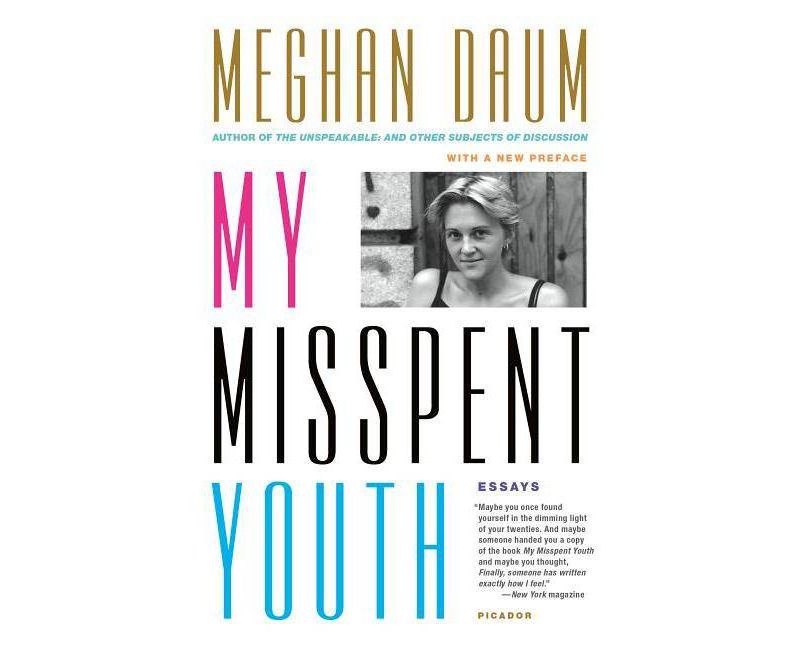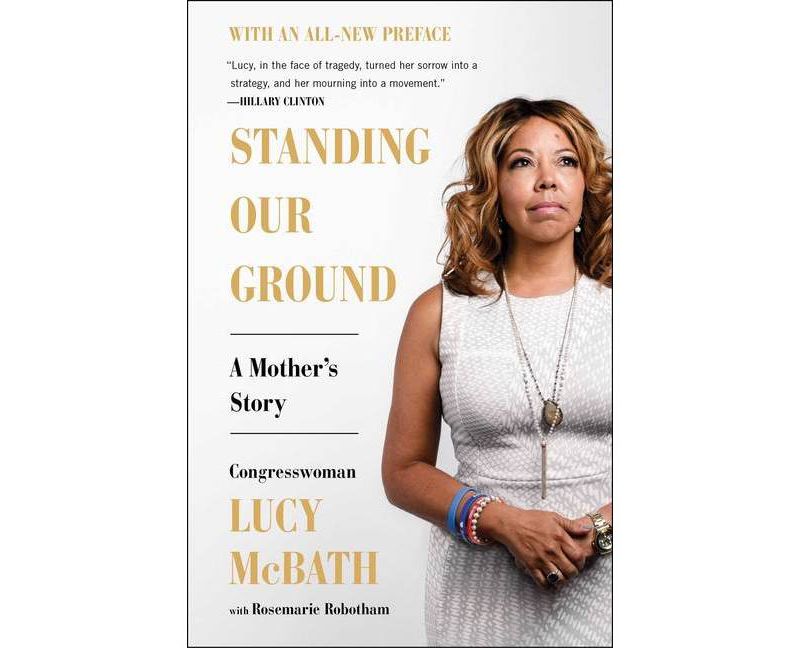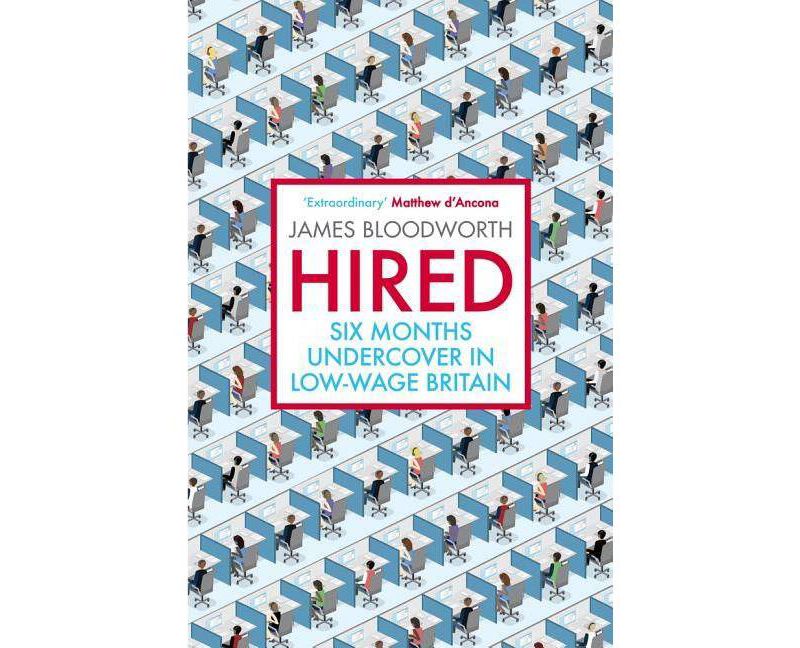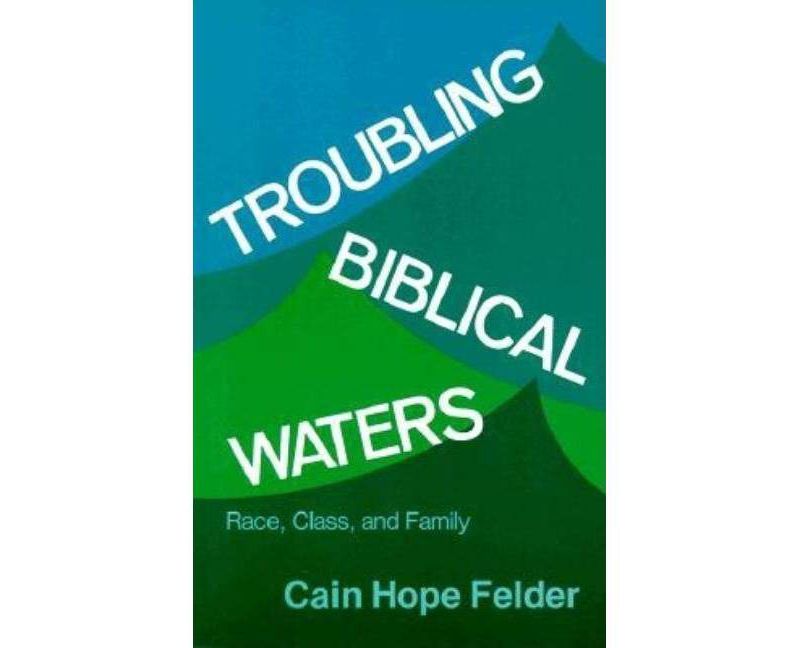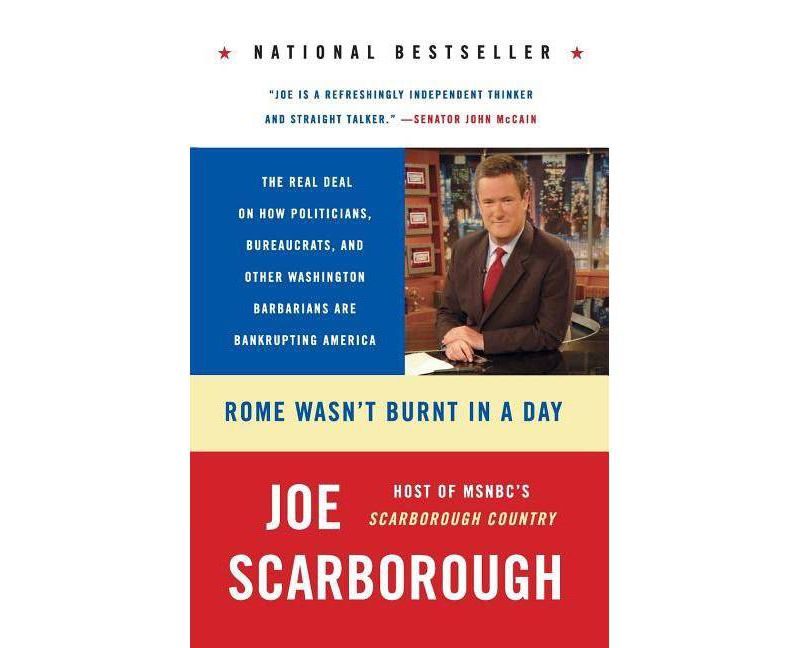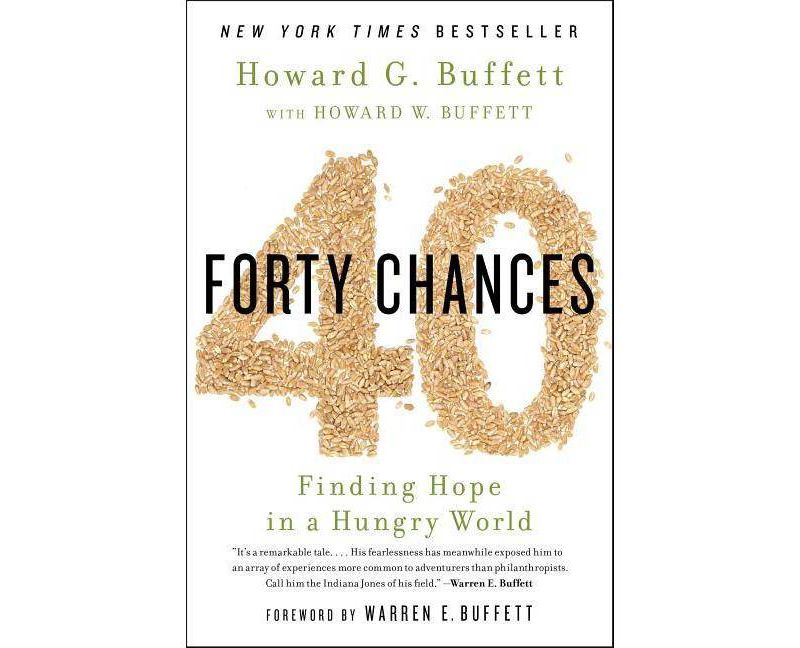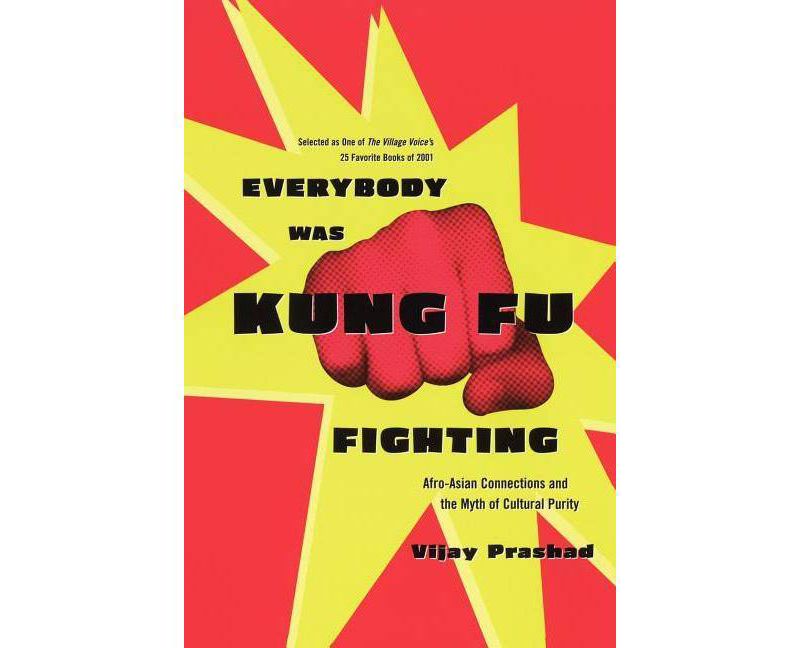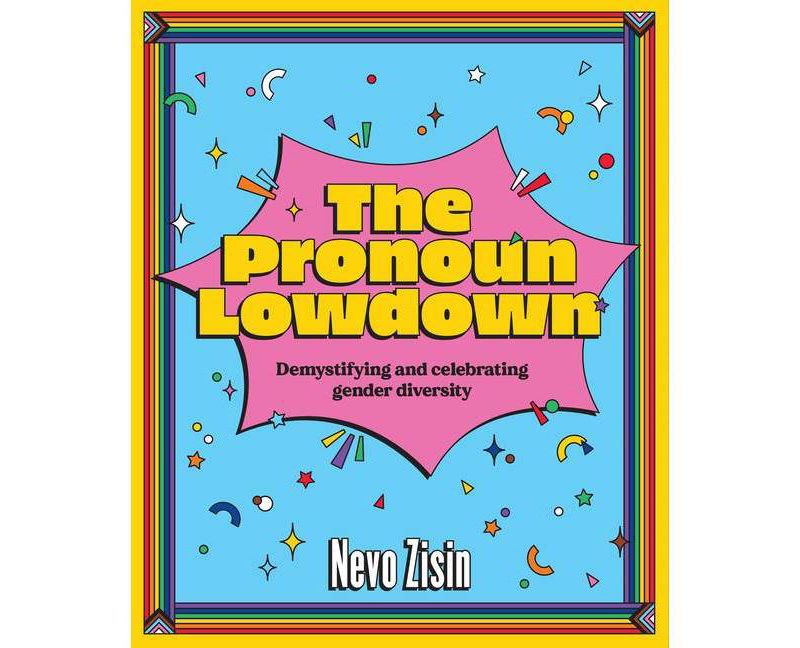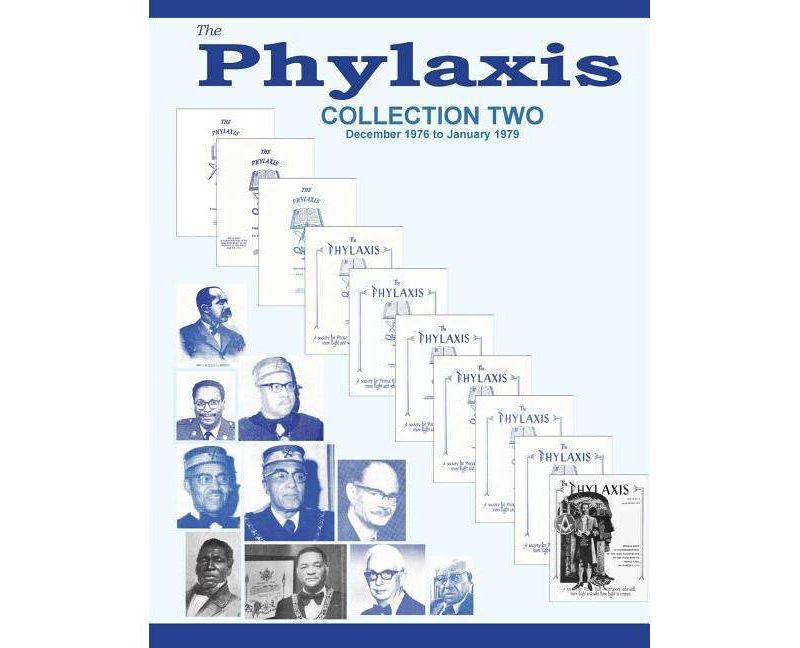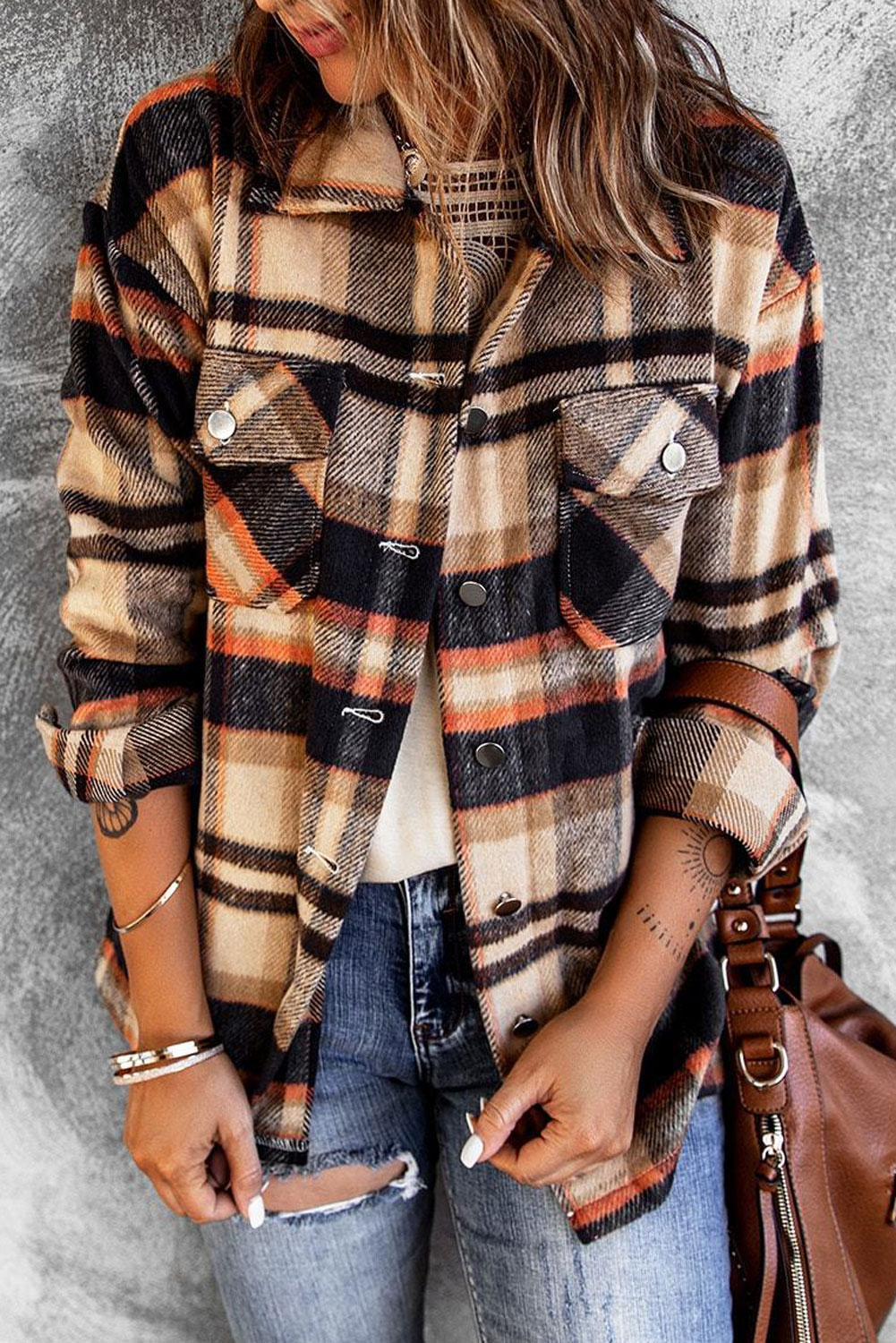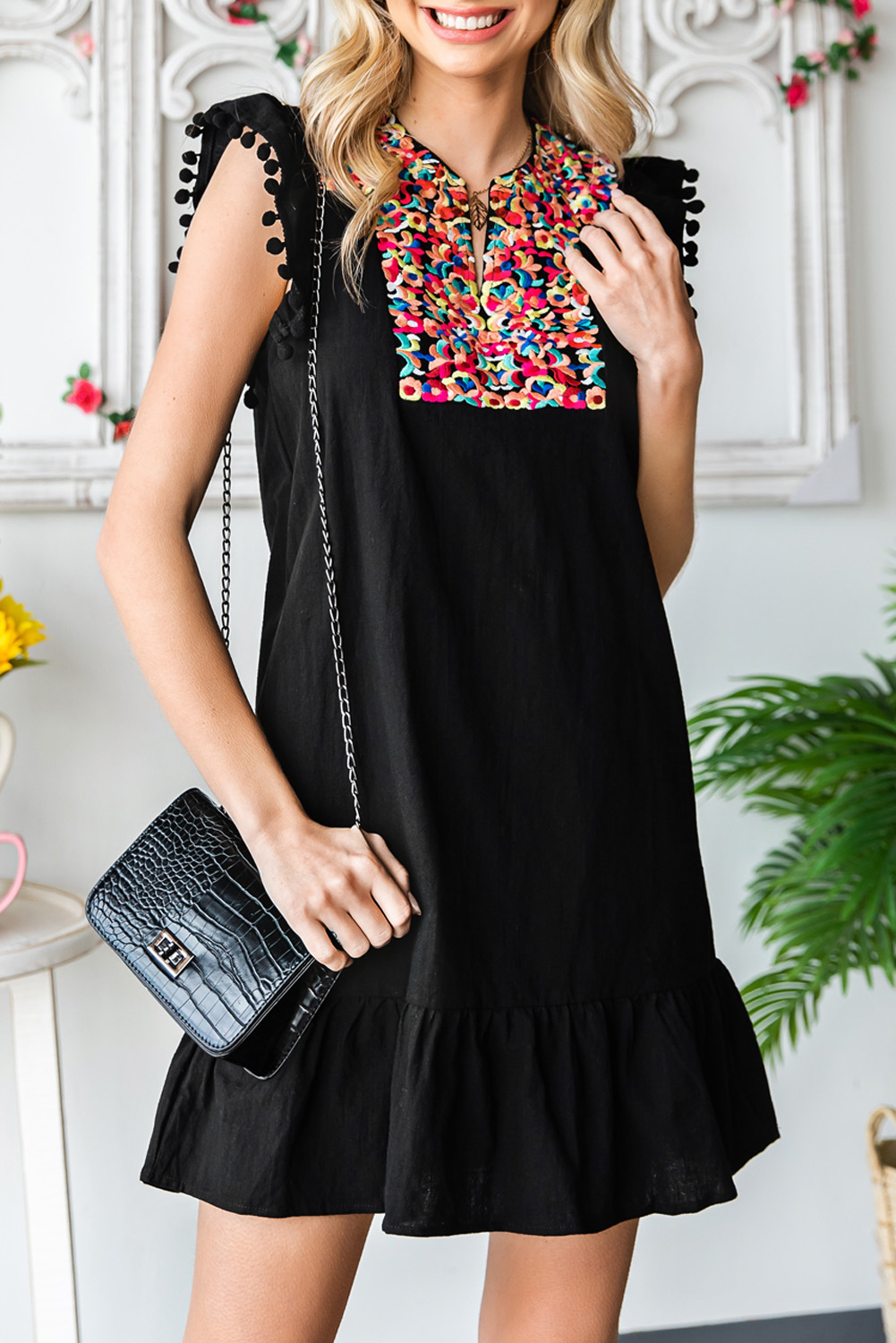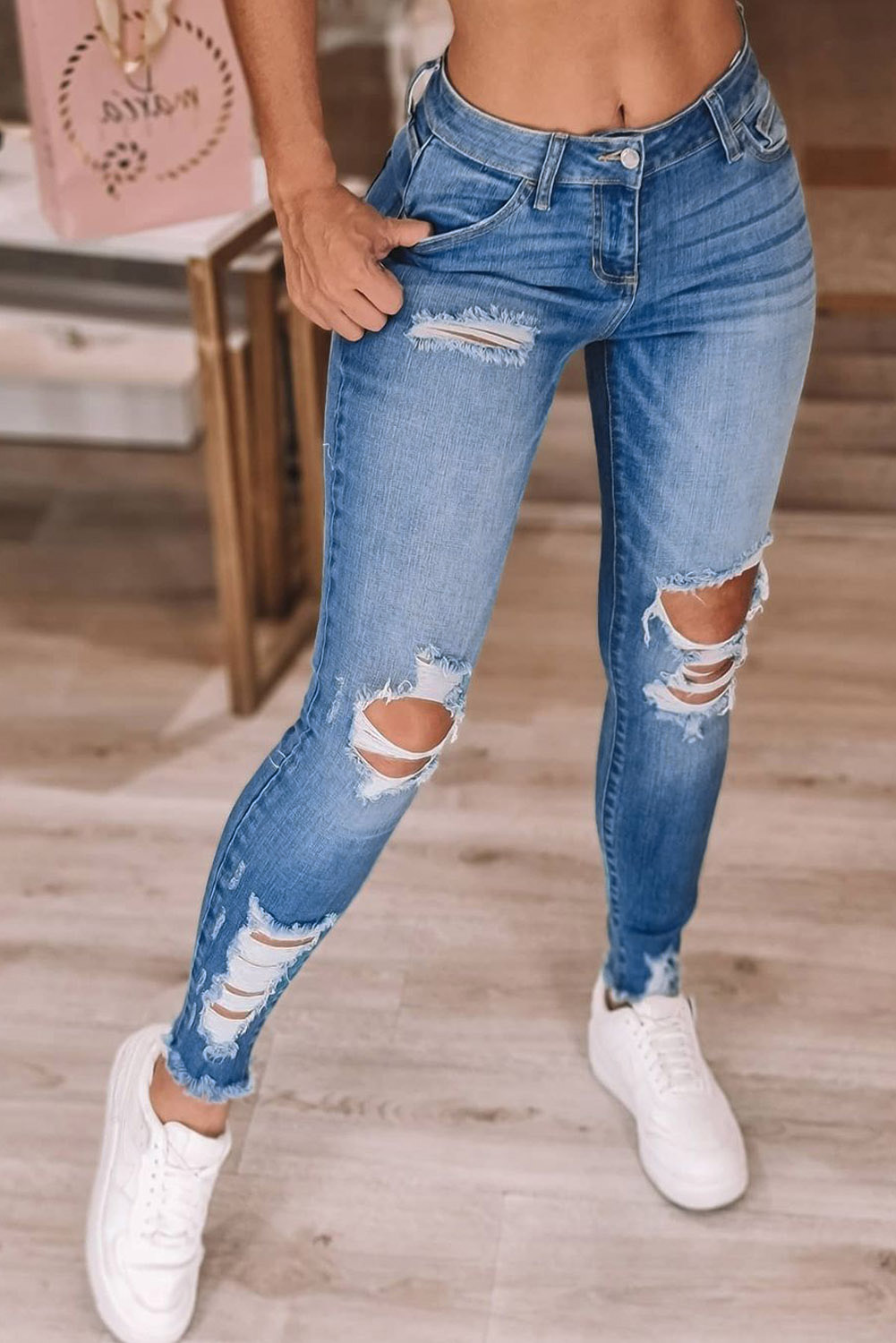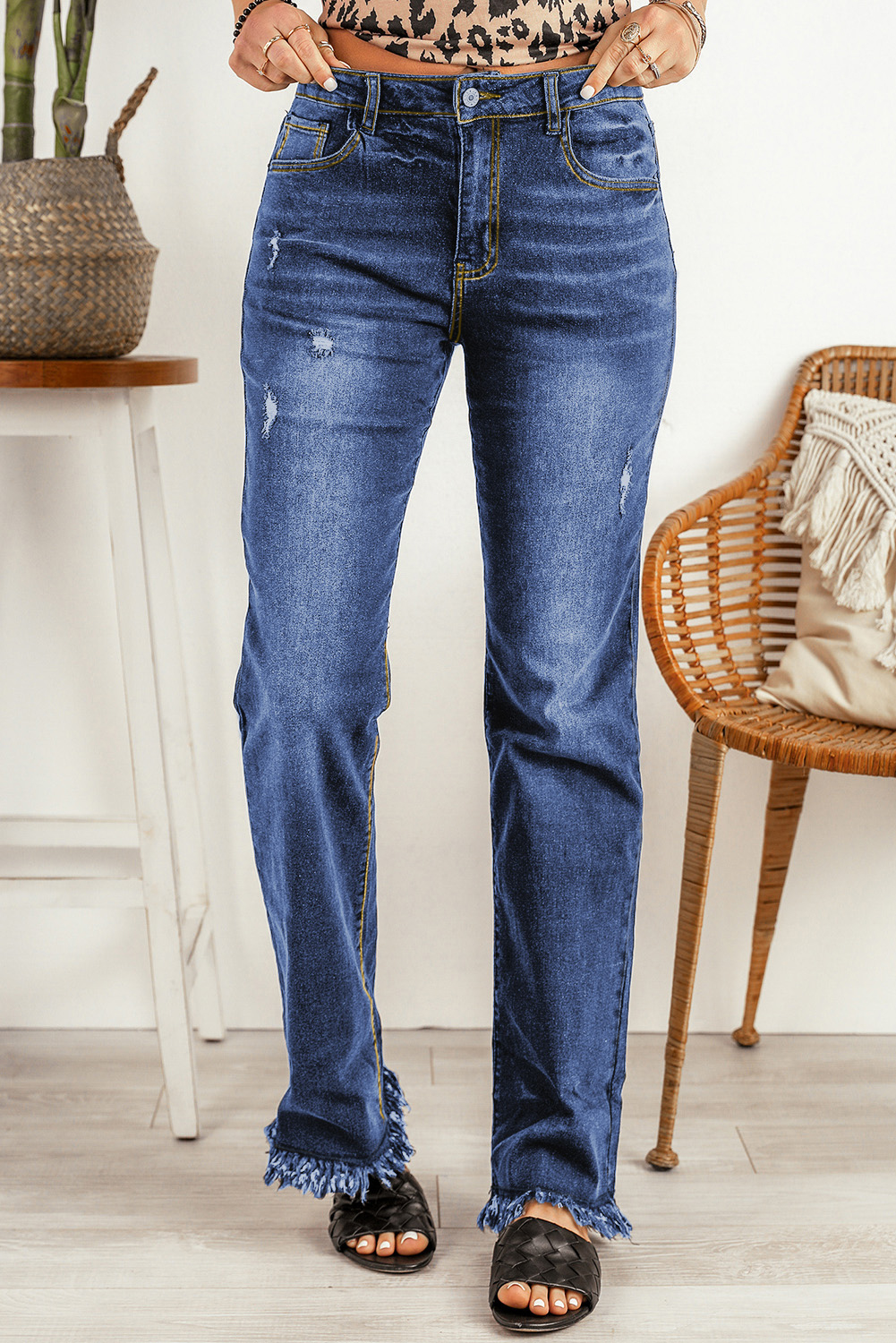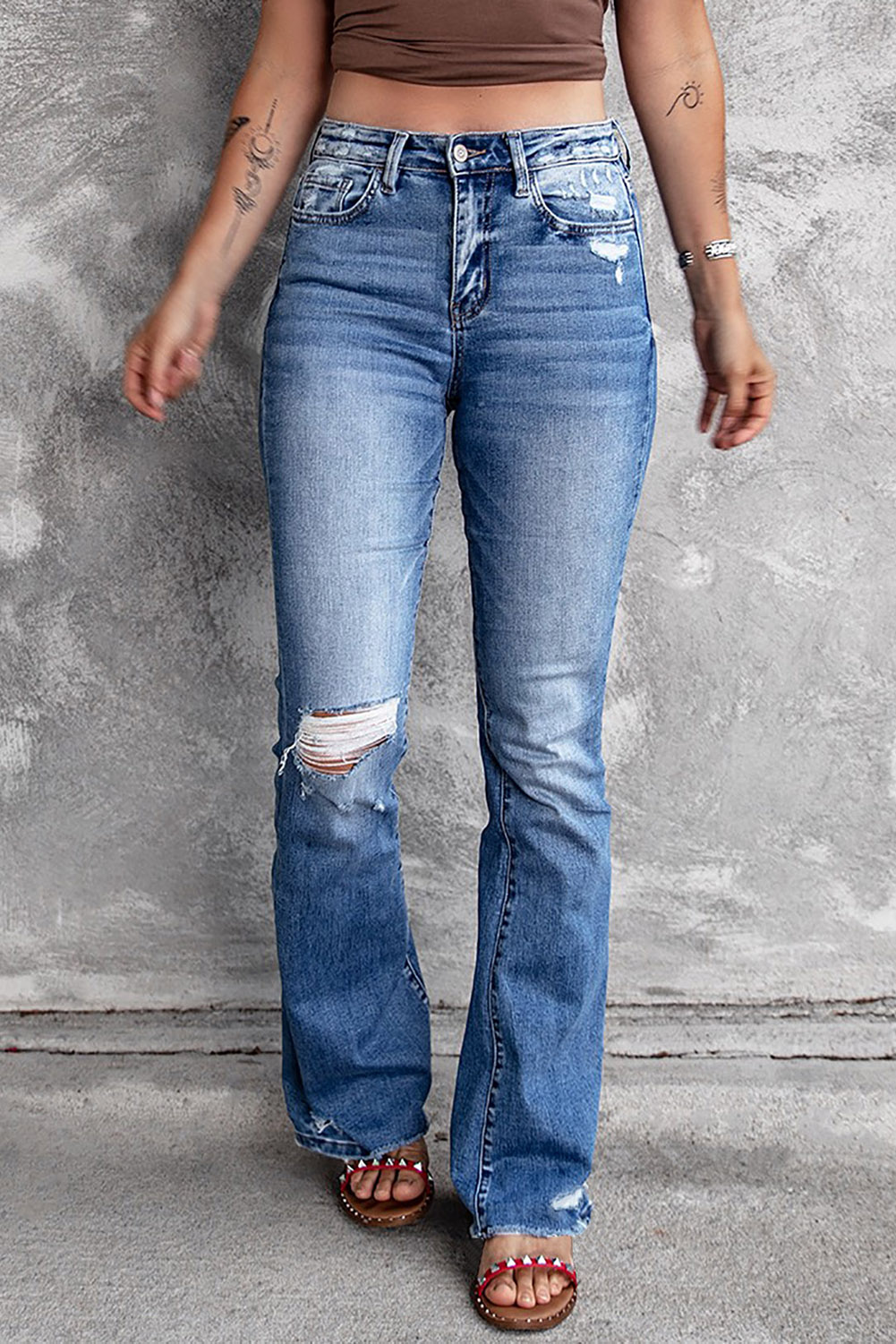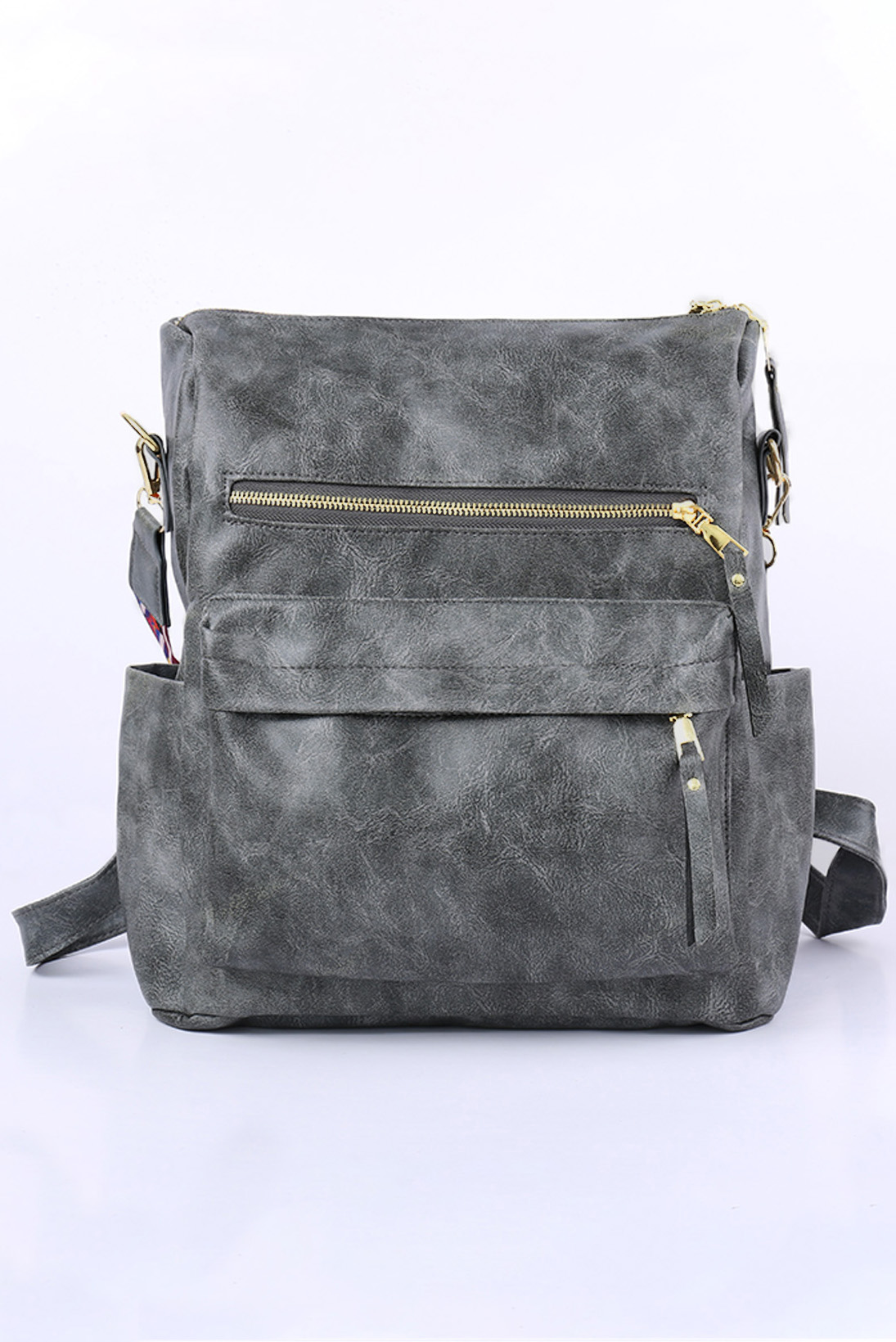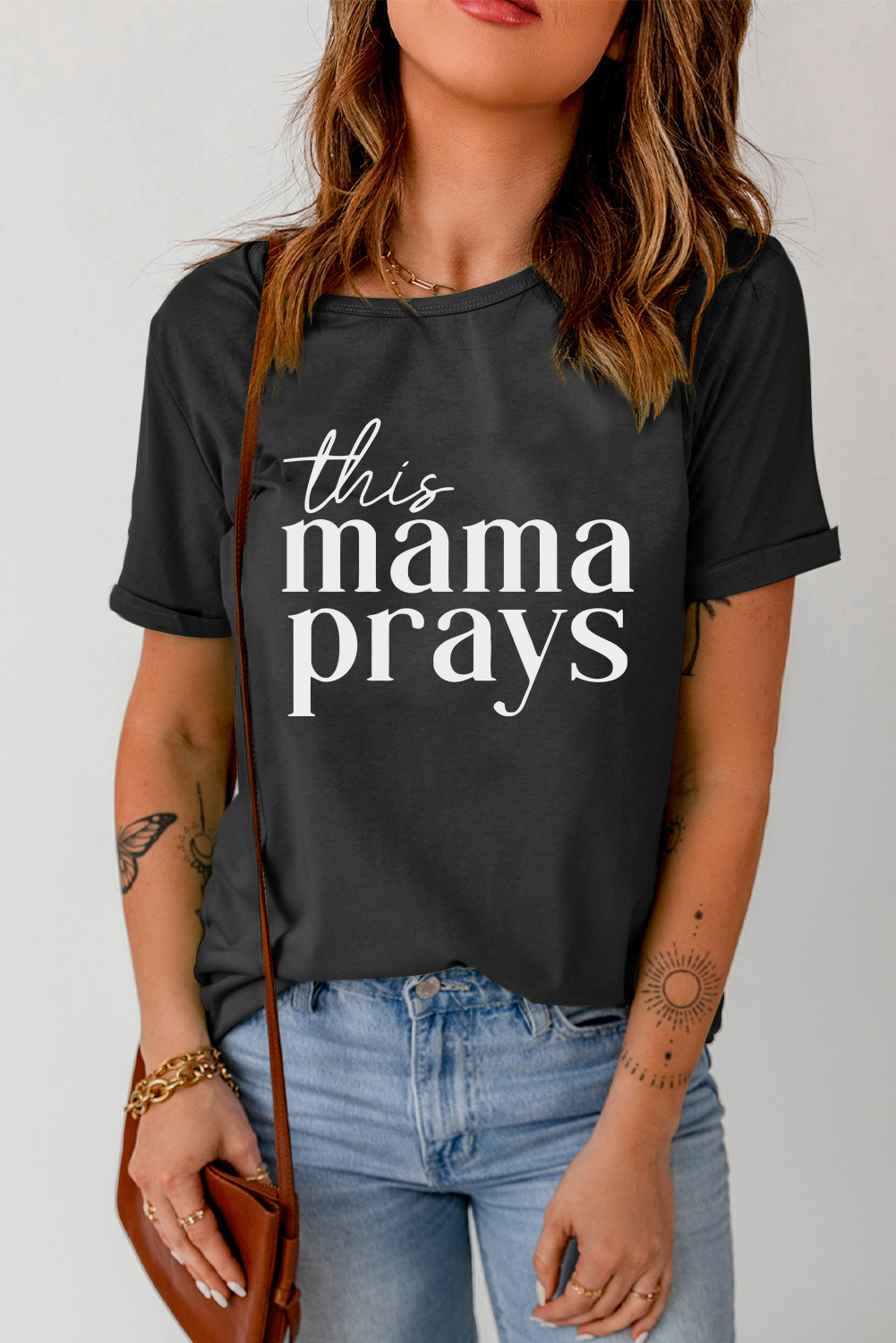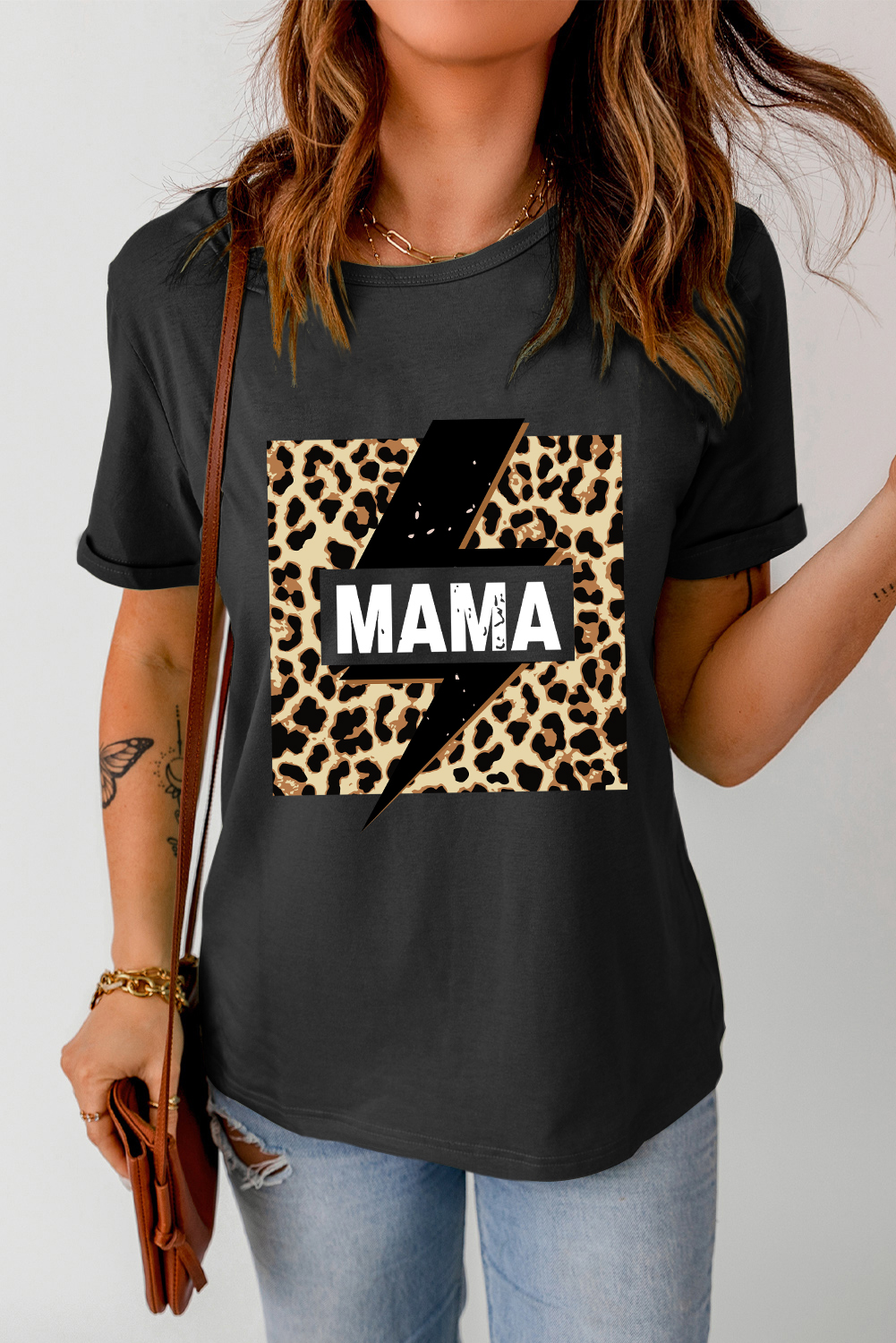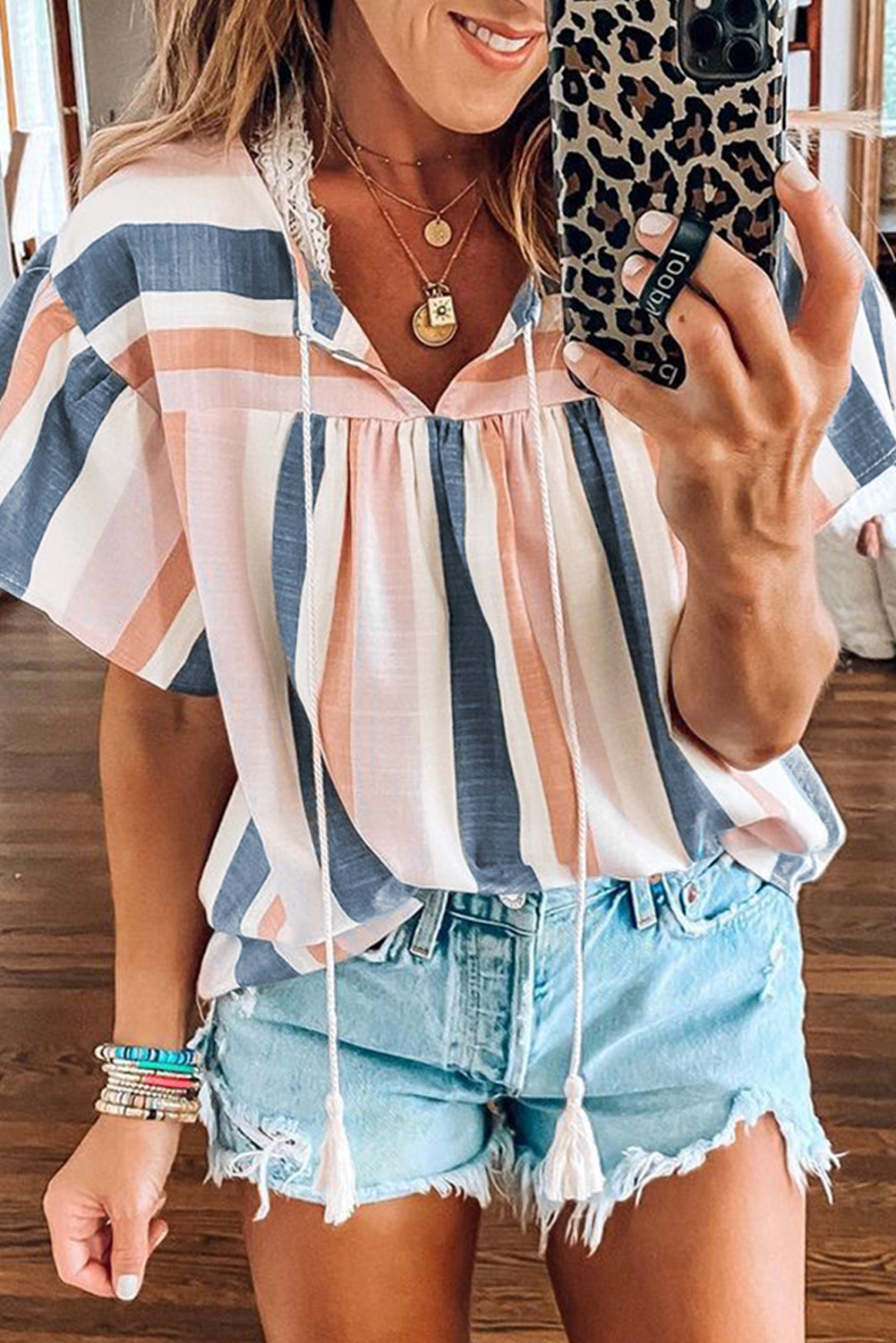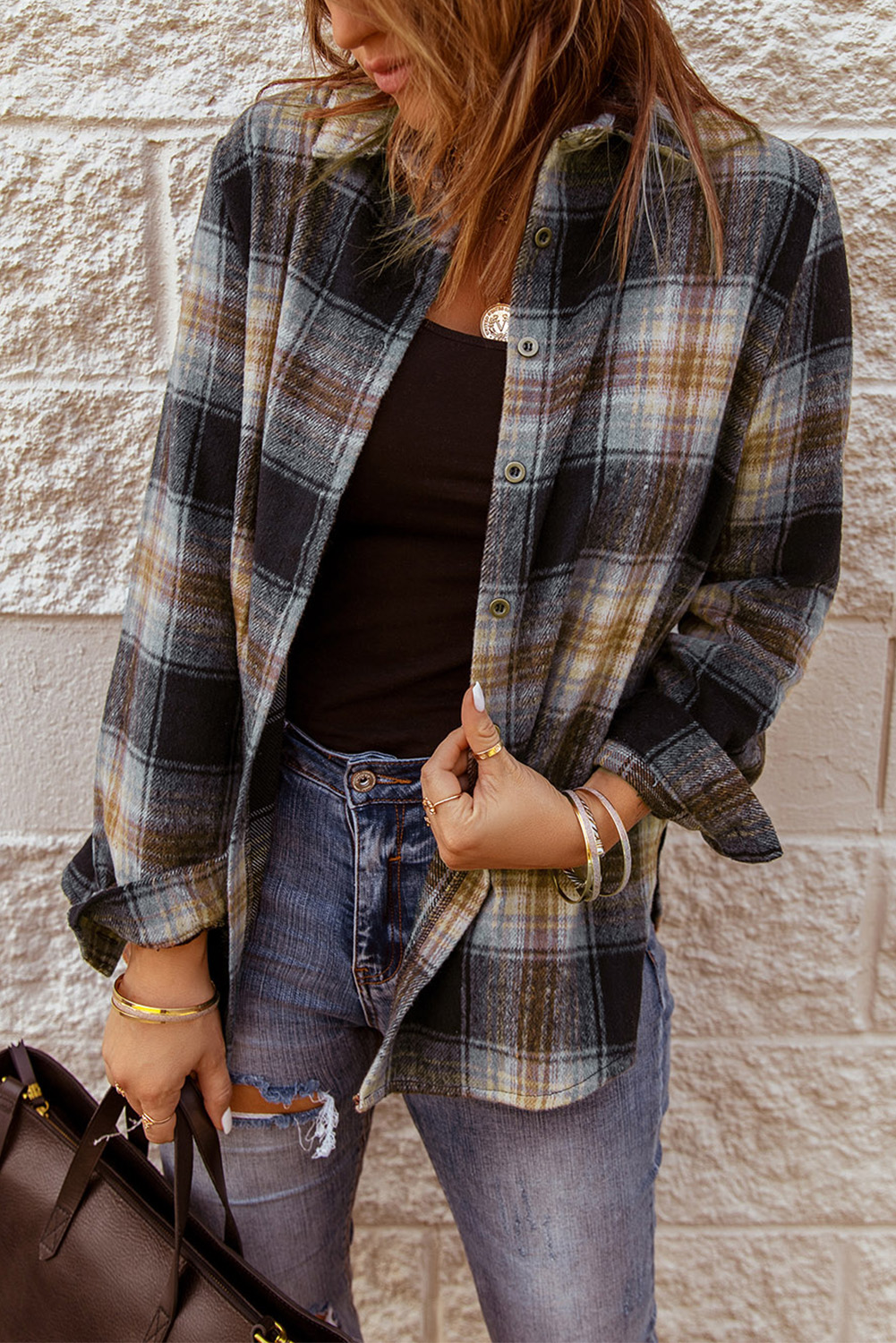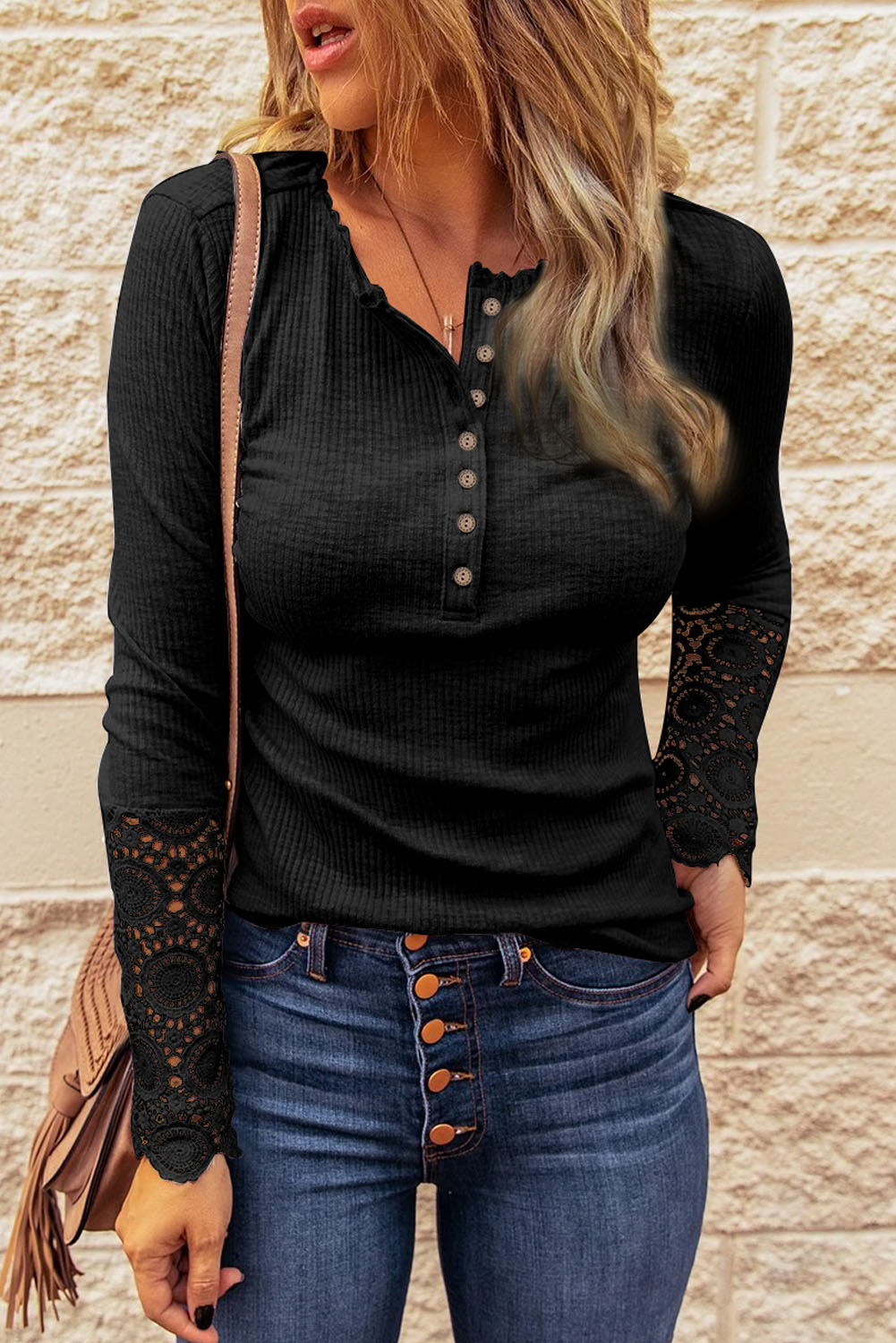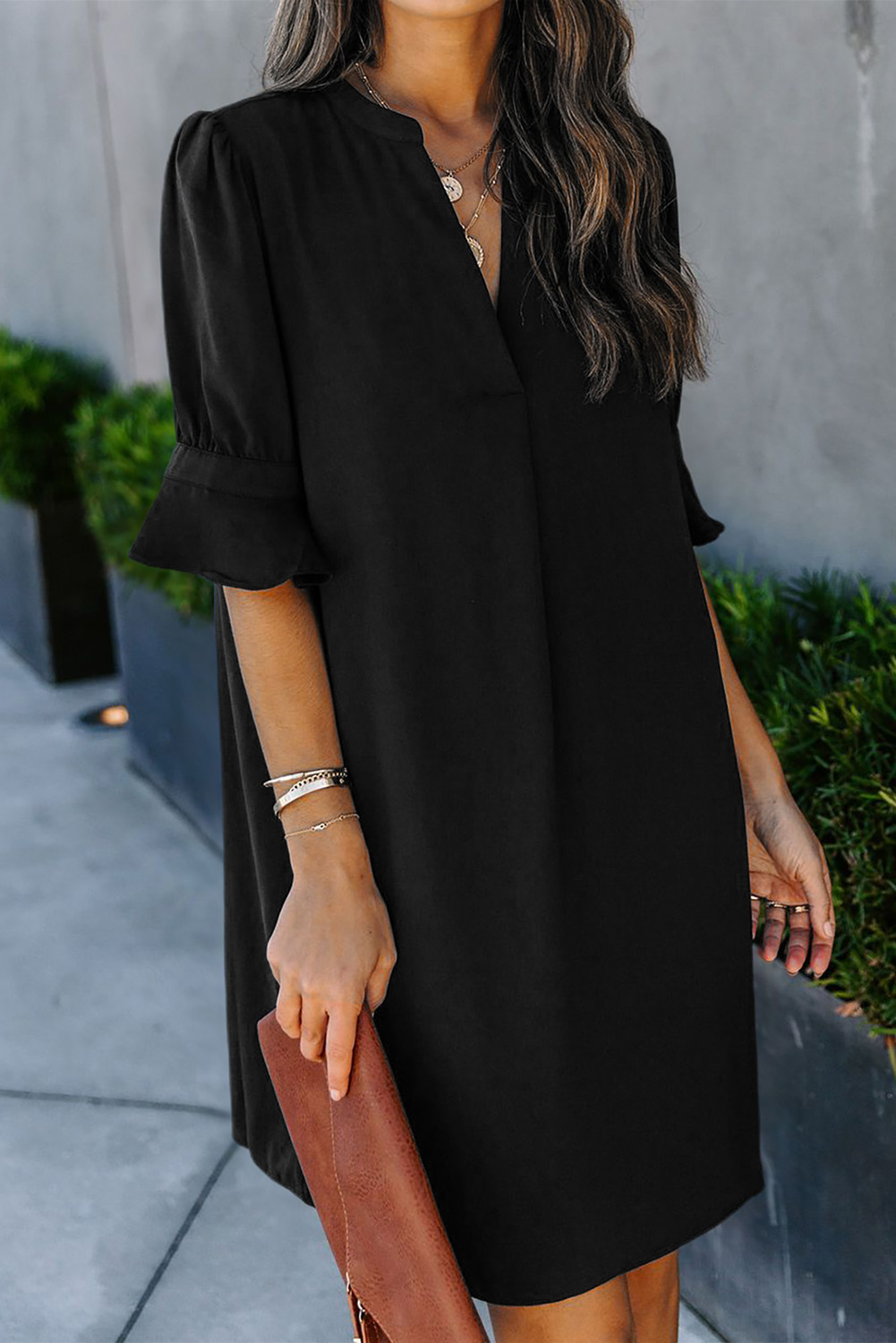Trusted shipping
Easy returns
Secure shopping
- Clothing, Shoes, Jewelry & Watches
- Home, Garden, Outdoor & Pets
- Electronics
- Audio, Video & Portable Devices
- Cables
- Adapters & Gender Changers
- Headsets, Speakers & Soundcards
- Power Protection
- 3D Printing
- Video Cards & Video Devices
- Tools & Components
- Sound Cards
- Alternative Energy
- Barebone / Mini Computers
- SSDs
- Accessories
- Mobile Accessories
- Storage Devices
- Personal Care
- Healthcare
- Home Theatre Systems
- Laptops, Computers & Office
- Speakers & Audio Systems
- Tech Services & Support
- Projectors, TVs & Home Theater
- Wi-Fi & Networking
- Cell Phones
- Electronics Deals
- Headphones
- Tablets & E-Readers
- Digital Cameras
- Home Phones
- Tech Accessories
- Electronics Sanitizing & Cleaning Supplies
- Smart Home
- Batteries, Power Banks & Chargers
- Wearable Technology
- GPS & Navigation
- Movies, Music, Books & Games
- Luggage
- Bible Covers
- Briefcases
- Camo
- Coolers
- Toiletry Bags
- Tote Bags
- Backpacks
- Carry-on Luggage
- Checked Luggage
- Lunch Bags
- Travel Accessories
- Luggage Deals
- Laptop Bags & Briefcases
- Kids' Luggage
- Duffels & Gym Bags
- Suitcases
- RFID Blocking Luggage & Travel Accessories
- Luggage Sets
- Mens' Luggage
- Handbags
- Accessories
- Outdoor
- Beauty Luggage
- Travel Totes
- Garment Bags
- Weekenders
- Messenger Bags
- Beauty & Health
- Category List
- Clothing, Shoes, Jewelry & Watches
- Home, Garden, Outdoor & Pets
- Electronics
- Audio, Video & Portable Devices
- Cables
- Adapters & Gender Changers
- Headsets, Speakers & Soundcards
- Power Protection
- 3D Printing
- Video Cards & Video Devices
- Tools & Components
- Sound Cards
- Alternative Energy
- Barebone / Mini Computers
- SSDs
- Accessories
- Mobile Accessories
- Storage Devices
- Personal Care
- Healthcare
- Home Theatre Systems
- Laptops, Computers & Office
- Speakers & Audio Systems
- Tech Services & Support
- Projectors, TVs & Home Theater
- Wi-Fi & Networking
- Cell Phones
- Electronics Deals
- Headphones
- Tablets & E-Readers
- Digital Cameras
- Home Phones
- Tech Accessories
- Electronics Sanitizing & Cleaning Supplies
- Smart Home
- Batteries, Power Banks & Chargers
- Wearable Technology
- GPS & Navigation
- Movies, Music, Books & Games
- Luggage
- Bible Covers
- Briefcases
- Camo
- Coolers
- Toiletry Bags
- Tote Bags
- Backpacks
- Carry-on Luggage
- Checked Luggage
- Lunch Bags
- Travel Accessories
- Luggage Deals
- Laptop Bags & Briefcases
- Kids' Luggage
- Duffels & Gym Bags
- Suitcases
- RFID Blocking Luggage & Travel Accessories
- Luggage Sets
- Mens' Luggage
- Handbags
- Accessories
- Outdoor
- Beauty Luggage
- Travel Totes
- Garment Bags
- Weekenders
- Messenger Bags
- Beauty & Health
- Baby & Toys
- Sports & Outdoors
- School & Office Supplies
- Breakroom & Janitorial Supplies
- Diaries
- Utility & Stationary
- Pens & Pencils
- Teacher Supplies & Classroom Decorations
- Paper
- Markers
- Binders
- School Supplies
- Packing & Mailing Supplies
- Tape, Adhesives & Fasteners
- Boards & Easels
- Crayons
- Desk Organization
- Pencils
- Filing & Organizers
- Journals
- Pens
- Labels & Label Makers
- Tools & Equipment
- Calendars
- Sticky Notes
- Notebooks
- Erasers & Correction Tape
- Pencil Cases
- Planners
- Retail Store Supplies
- Highlighters
- Locker Accessories
- Cute School Supplies
- School & Office Accessories
- Food & Grocery
- Shops All
- Unique-Bargains
- Cool cold
- Wesdar
- i-Star
- CoCoCo
- Targus
- Cooling Device Accessories
- Xtrike Me
- Tech/Gaming
- Gift Cards
- Women's Accessories
- Flash
- Men's Clothing
- Gift Ideas
- Brand Experiences
- Sale on Select School & Art Supplies
- Jewelry
- Featured Brands
- Nursing Items
- Storage
- Men's Shoes
- College
- School & Office Supplies
- Bullseye's Playground
- PRIDE
- Women's and Men's Shoes & Accessories
- Holiday Trees, Lights & More Sale
- Women's Dresses
- Gingerbread
- Caregiver Essentials
- Baby Bath
- select School Supplies
- Doorbusters
- Bedding & Bath
- Women's Sandals
- Sandals for the Family
- Men's Accessories
- Shops All
- One-day Easter sale
- select Health Items
- Friendsgiving
- Women's Tops, Shorts & Shoes
- Made By Design Organization
- Baby Mealtime
- For New & Expecting Parents
- Crayola Kids' Daily Deal
- Spritz Party Supplies
- Wellness Icon Glossary
- Our Generation Dolls & Accessories Kids' Daily Deal
- select Home items
- Mas Que
- Baby Apparel
- Children's Board Books Kids' Daily Deal
- Select Office Furniture
- Most-added Wedding Registry Items
Buy Hands Up, Don't Shoot - by Jennifer E Cobbina (Paperback) in United States - Cartnear.com
Hands Up, Don't Shoot - by Jennifer E Cobbina (Paperback)
CTNR971202 09781479874415 CTNR971202iCanvas
2027-02-25
/itm/hands-up-dont-shoot-by-jennifer-e-cobbina-paperback-971202
USD
26.95
$ 27 $ 28 2% Off
Item Added to Cart
customer
*Product availability is subject to suppliers inventory
SHIPPING ALL OVER UNITED STATES
100% MONEY BACK GUARANTEE
EASY 30 DAYSRETURNS & REFUNDS
24/7 CUSTOMER SUPPORT
TRUSTED AND SAFE WEBSITE
100% SECURE CHECKOUT
Number of Pages: 288
Genre: Social Science
Sub-Genre: Ethnic Studies
Format: Paperback
Publisher: New York University Press
Age Range: Adult
Book theme: African American Studies
Author: Jennifer E Cobbina
Language: English
Hands Up, Don't Shoot is such an important and timely work. With equal parts passion and theoretical nuance, and an eye on history, Cobbina makes explicit why the deaths of Michael Brown, Freddie Gray, and so many others matter so much. Her innovative research makes clear the necessity for real change in these dangerous times.--Jody Miller, author of Getting Played: African American Girls, Urban Inequality, and Gendered Violence
Beginning with an expansive history of racial inequality in America, the author posits that such racism has often led to excessive force used disproportionately against blacks by police. A useful reference on a topic that requires continued examination.--Kirkus Reviews
In her tightly focused and morally important book ... Cobbina is careful to establish historical and cultural context for the deep-seated distrust so many African Americans feel toward law enforcement in a way that makes the book accessible to a wide readership.--NPR Books
Jennifer Cobbina's expertly researched examination of the interlocking dimensions of race, gender, and policing illustrates why the problem of policing in the U.S. is always about much more than policing. [It] is a clarion call for a much broader vision of justice one that relies less on crime-fighting and more on community building. This is a necessary and important book for scholars, activists, and everyday people living under oppressive policing regimes.--Nikki Jones, author of The Chosen Ones: Black Men and the Politics of Redemption
Genre: Social Science
Sub-Genre: Ethnic Studies
Format: Paperback
Publisher: New York University Press
Age Range: Adult
Book theme: African American Studies
Author: Jennifer E Cobbina
Language: English
Book Synopsis
Understanding the explosive protests over police killings and the legacy of racism
Following the high-profile deaths of eighteen-year-old Michael Brown in Ferguson, Missouri, and twenty-five-year-old Freddie Gray in Baltimore, Maryland, both cities erupted in protest over the unjustified homicides of unarmed black males at the hands of police officers. These local tragedies--and the protests surrounding them--assumed national significance, igniting fierce debate about the fairness and efficacy of the American criminal justice system. Yet, outside the gaze of mainstream attention, how do local residents and protestors in Ferguson and Baltimore understand their own experiences with race, place, and policing? In Hands Up, Don't Shoot, Jennifer Cobbina draws on in-depth interviews with nearly two hundred residents of Ferguson and Baltimore, conducted within two months of the deaths of Brown and Gray. She examines how protestors in both cities understood their experiences with the police, how those experiences influenced their perceptions of policing, what galvanized Black Lives Matter as a social movement, and how policing tactics during demonstrations influenced subsequent mobilization decisions among protesters. Ultimately, she humanizes people's deep and abiding anger, underscoring how a movement emerged to denounce both racial biases by police and the broader economic and social system that has stacked the deck against young black civilians. Hands Up, Don't Shoot is a remarkably current, on-the-ground assessment of the powerful, protestor-driven movement around race, justice, and policing in America.Review Quotes
Hands Up, Don't Shoot is such an important and timely work. With equal parts passion and theoretical nuance, and an eye on history, Cobbina makes explicit why the deaths of Michael Brown, Freddie Gray, and so many others matter so much. Her innovative research makes clear the necessity for real change in these dangerous times.--Jody Miller, author of Getting Played: African American Girls, Urban Inequality, and Gendered Violence
Beginning with an expansive history of racial inequality in America, the author posits that such racism has often led to excessive force used disproportionately against blacks by police. A useful reference on a topic that requires continued examination.--Kirkus Reviews
In her tightly focused and morally important book ... Cobbina is careful to establish historical and cultural context for the deep-seated distrust so many African Americans feel toward law enforcement in a way that makes the book accessible to a wide readership.--NPR Books
Jennifer Cobbina's expertly researched examination of the interlocking dimensions of race, gender, and policing illustrates why the problem of policing in the U.S. is always about much more than policing. [It] is a clarion call for a much broader vision of justice one that relies less on crime-fighting and more on community building. This is a necessary and important book for scholars, activists, and everyday people living under oppressive policing regimes.--Nikki Jones, author of The Chosen Ones: Black Men and the Politics of Redemption

